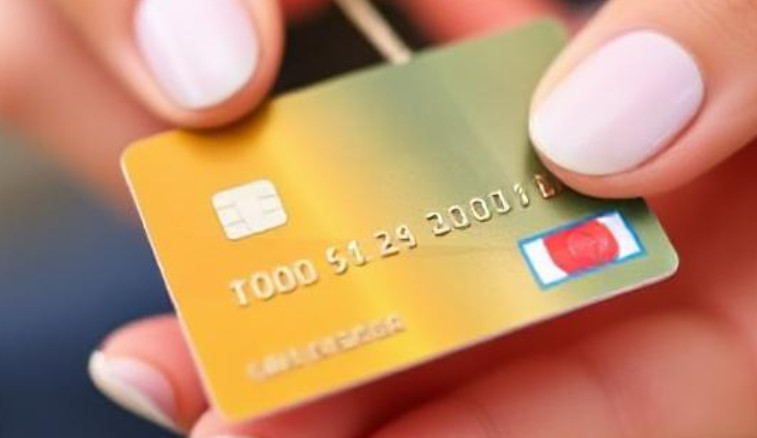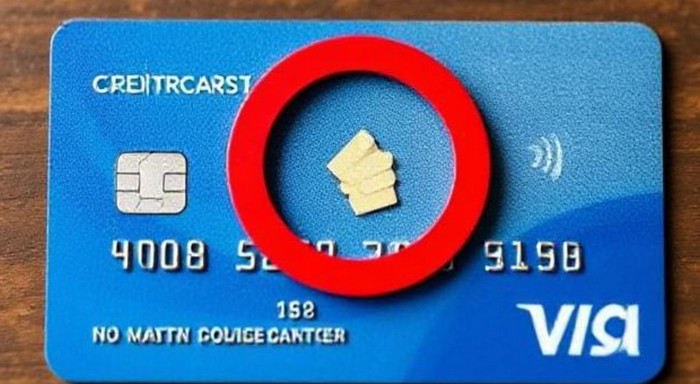Credit cards are one of the most powerful financial tools available, offering convenience, security, and valuable rewards when used correctly. However, mismanagement can lead to debt and financial stress. This guide will explain:
1. **How to Use a Credit Card Responsibly**
2. **Why Most Purchases Should Be Made on a Credit Card**
3. **Common Mistakes to Avoid**
By the end, you’ll understand why smart credit card usage can improve your financial health.
—
## **Part 1: How to Use a Credit Card Responsibly**
### **1. Choose the Right Credit Card**
Not all credit cards are the same. Pick one that aligns with your spending habits:
– **Cashback Cards** (e.g., Citi Double Cash, Chase Freedom Unlimited) – Best for everyday spending.
– **Travel Rewards Cards** (e.g., Chase Sapphire Preferred, Amex Gold) – Ideal for frequent travelers.
– **Low-Interest Cards** (e.g., Discover it® Balance Transfer) – Good if you carry a balance.
– **Secured Cards** (e.g., Capital One Secured Mastercard) – For building or rebuilding credit.
### **2. Pay Your Balance in Full Every Month**
Credit cards charge high interest (often 15–25% APR) if you carry a balance. **Always pay the full statement balance by the due date** to avoid interest.
✅ **Good Practice:** Treat your credit card like a debit card—only spend what you can afford.
### **3. Track Your Spending**
Since credit cards don’t immediately deduct from your bank account, it’s easy to overspend. Use budgeting apps (Mint, YNAB) or set up alerts to monitor purchases.
### **4. Keep Your Credit Utilization Low**
Credit utilization (how much of your limit you use) affects your credit score. Experts recommend using **less than 30%** of your limit (ideally under 10%).
**Example:** If your limit is $5,000, try to keep balances below $1,500.
### **5. Avoid Cash Advances and High Fees**
– **Cash advances** have high fees and interest starts immediately.
– **Late payments** hurt your credit score and trigger penalty APRs.
– **Foreign transaction fees** (use no-FTF cards like Capital One Venture).
### **6. Take Advantage of Perks**
Many credit cards offer:
– **Purchase protection** (damage/theft coverage)
– **Extended warranties**
– **Travel insurance**
– **Free credit score monitoring**
—
## **Part 2: Why Most Purchases Should Be on a Credit Card**
### **1. Better Fraud Protection Than Debit Cards**
– **Federal law limits liability** to $50 for credit card fraud (often $0 with most issuers).
– **Debit cards** can take weeks to recover stolen funds.
– **Disputes are easier** with credit cards (chargebacks).
### **2. Earn Rewards on Every Purchase**
– **Cashback (1–5%)** – Free money on groceries, gas, dining.
– **Travel points/miles** – Redeem for flights, hotels, upgrades.
– **Sign-up bonuses** (e.g., “Spend $4,000 in 3 months, get 60,000 points”).
**Example:** If you spend $2,000/month on a 2% cashback card, that’s **$480/year** in rewards.
### **3. Build Credit History**
– **Payment history (35% of FICO score)** – On-time payments improve credit.
– **Credit mix & length of history** – Helps future loans (mortgage, car).
– **Higher limits = Lower utilization** (if managed well).
### **4. Convenience & Purchase Protections**
– **Rental car insurance** (many cards cover CDW).
– **Price protection** (refund if price drops within 60–120 days).
– **Return protection** (get refunds if merchant refuses returns).
### **5. Interest-Free Float (When Paid in Full)**
– Credit cards offer a **21–55 day grace period** before payment is due.
– Your money stays in your bank account longer (useful for cash flow).
—
## **Part 3: Common Credit Card Mistakes to Avoid**
### **1. Carrying a Balance & Paying Interest**
– **Myth:** “Carrying a small balance helps credit.” (False—paying in full is best.)
– **Reality:** Interest charges negate rewards.
### **2. Missing Payments**
– Late fees ($25–$40).
– Penalty APR (up to 29.99%).
– Credit score damage (up to -100 points).
**Fix:** Set up **autopay (minimum payment or full balance).**
### **3. Applying for Too Many Cards at Once**
– Each application triggers a **hard inquiry** (drops score 5–10 points).
– Too many new accounts lower average credit age.
**Rule:** Wait **3–6 months** between applications.
### **4. Closing Old Credit Cards**
– Reduces total available credit → **higher utilization**.
– Shortens credit history length.
**Better:** Keep old cards open (use occasionally).
### **5. Ignoring Statements & Fraud Alerts**
– Check statements for errors.
– Report fraud immediately.
—
## **Conclusion: Smart Credit Card Use Pays Off**
When used correctly, credit cards:
✅ **Save money** (rewards, protections).
✅ **Build credit** (better loan rates).
✅ **Offer security** (fraud protection).
**Key Rules:**
✔ **Pay in full every month.**
✔ **Track spending.**
✔ **Maximize rewards.**
✔ **Avoid fees & debt traps.**
By following these principles, you can make credit cards work for you—not against you.
Would you like recommendations for the best cards based on your spending habits?


